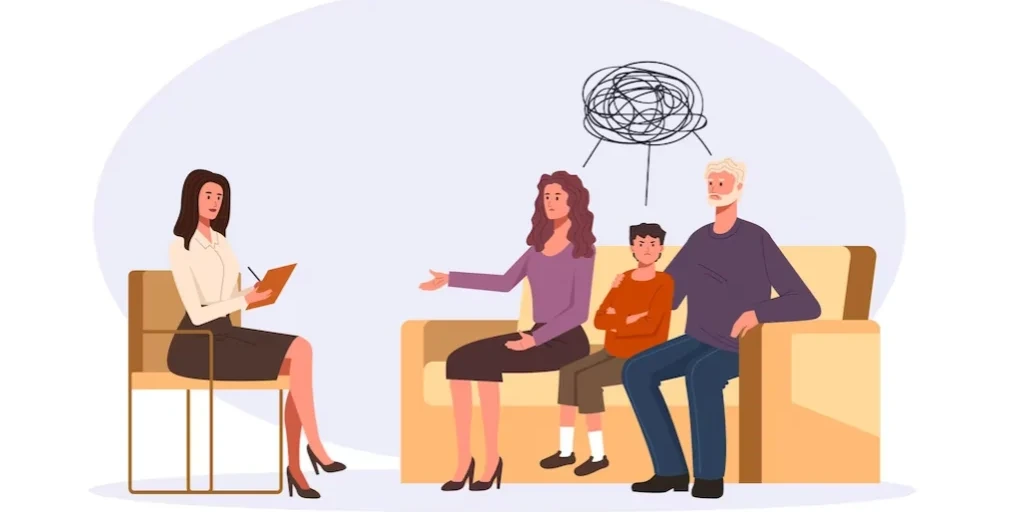" centers in Hartsville, South Carolina, are increasingly becoming vital resources as the community grapples with rising issues related to drug and alcohol addiction. Situated in Darlington County County, Hartsville is a small city known for its rich history and community spirit. With a population of approximately 7,600 residents, it serves as a significant economic and cultural hub in the region. The lush landscapes and charming southern architecture add to its appeal, but beneath the surface, the town faces challenges related to substance abuse that are all too common in many American communities. Drug addiction in Hartsville, South Carolina, particularly has surged in recent years, affecting individuals from all walks of life. The opioid crisis has permeated even this quaint town, leading to alarming rates of overdoses and crimes associated with substance abuse. Alcohol addiction in Hartsville, South Carolina, also poses serious concerns, impacting families and leaving lasting scars on local communities. The necessity for dedicated addiction treatment through Hartsville, South Carolina rehab centers is clearer now more than ever. These centers provide the critical support and resources needed to help individuals reclaim their lives. They offer tailored treatment plans, professional counseling, and a nurturing environment, making recovery attainable. The city’s historical significance also mirrors the struggles faced today, as Hartsville once transformed from an industrial hub to a center for education and culture—signifying resilience and adaptability. To confront the addiction challenges head-on, residents of Hartsville can turn to the supportive frameworks established by rehab centers. The combination of community determination and professional support makes a powerful case for the importance of addiction treatment in Hartsville, South Carolina, highlighting that with the right resources, recovery is not just a possibility but an achievable reality.
Learn more about rehab centers in


























































































